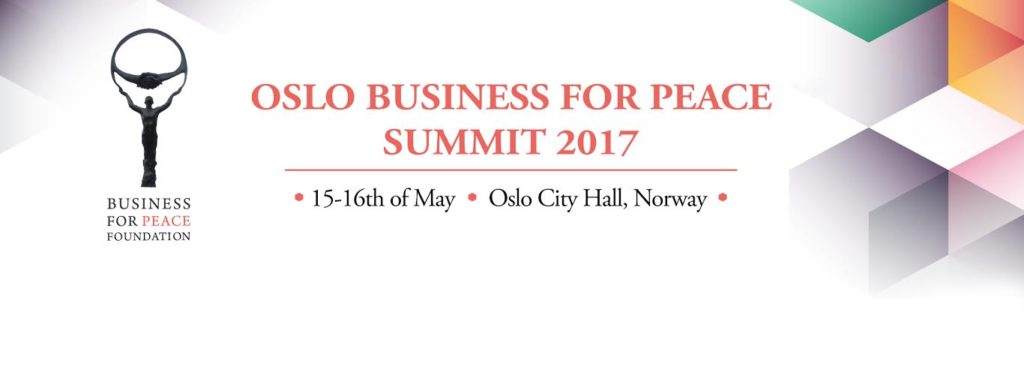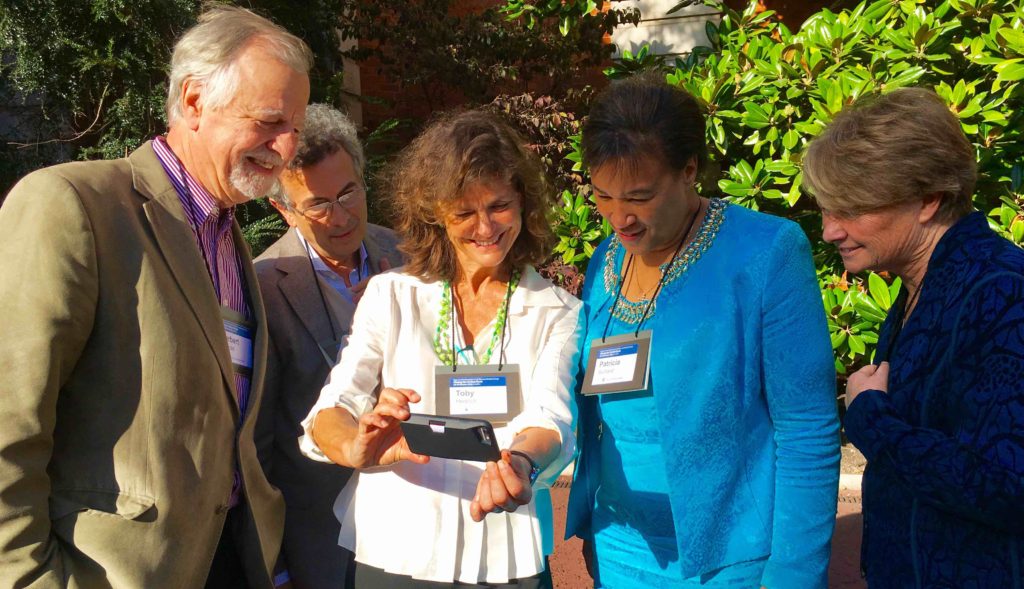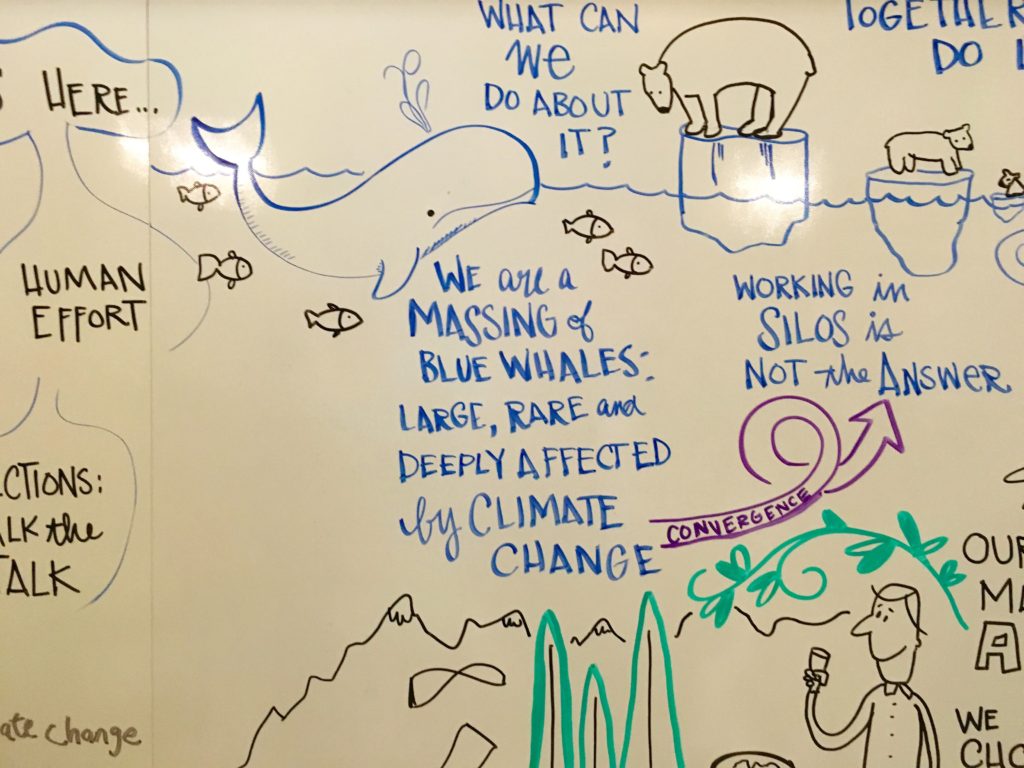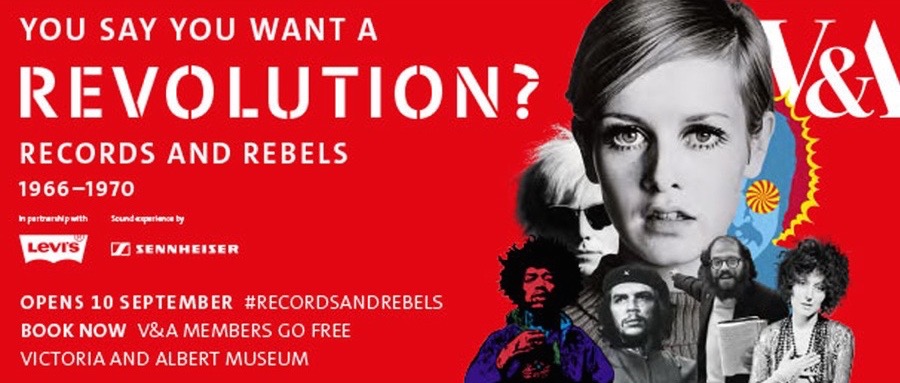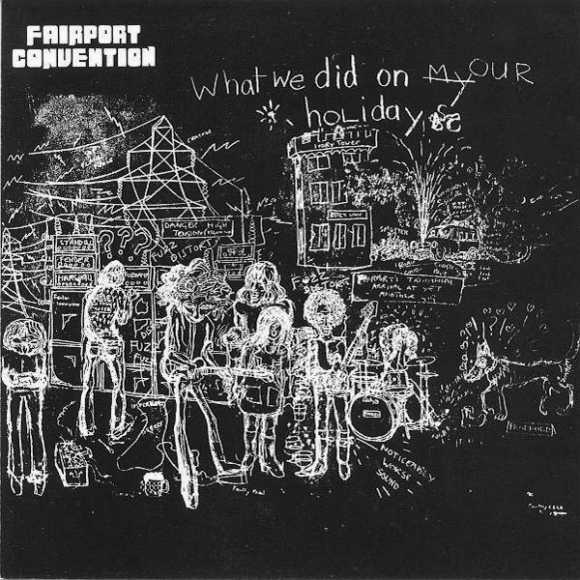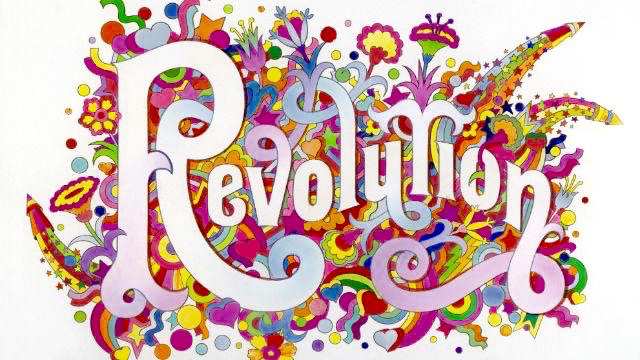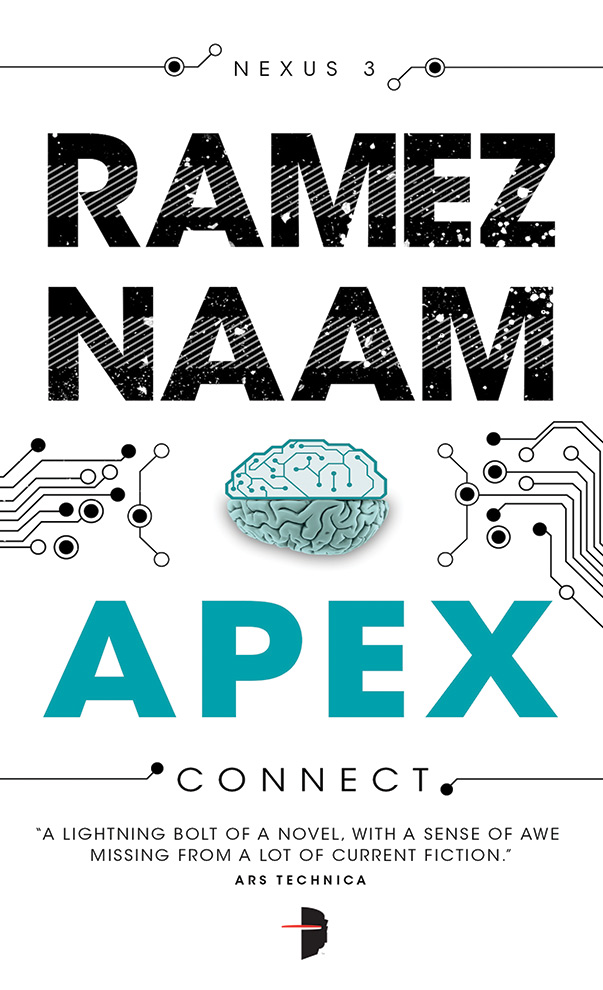Sent a link today to a short video capturing some of the essence of this year’s Business for Peace Summit in Oslo. In the middle of it all I’m captured saying that if I have a skill, it’s probably listening – “and, sometimes, remembering what I’ve been told.” Hope that’s both true and lasts.
Clocks Go Back
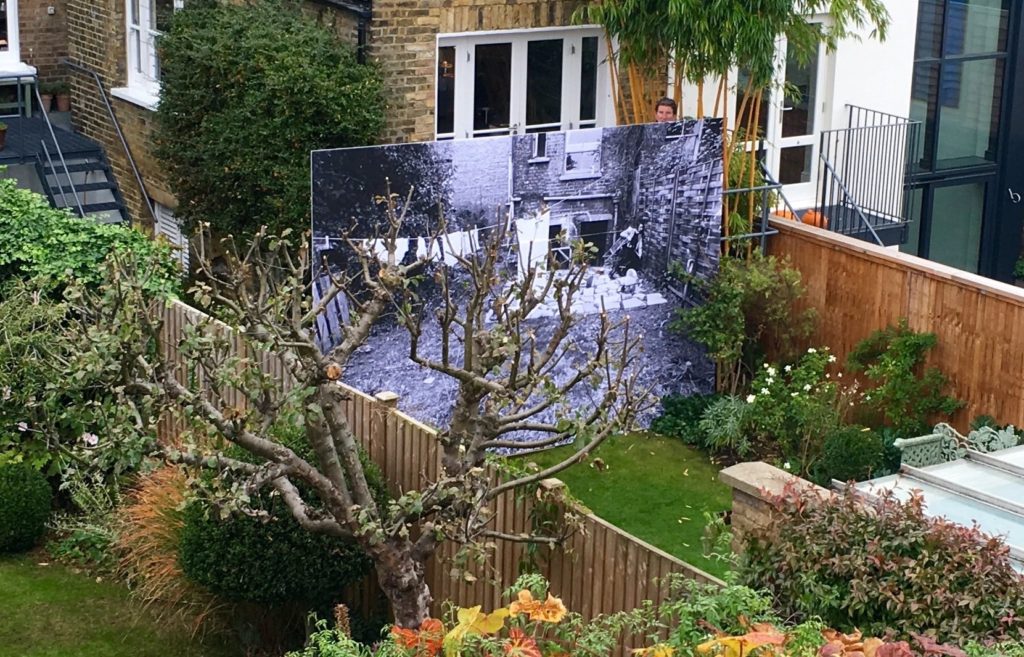
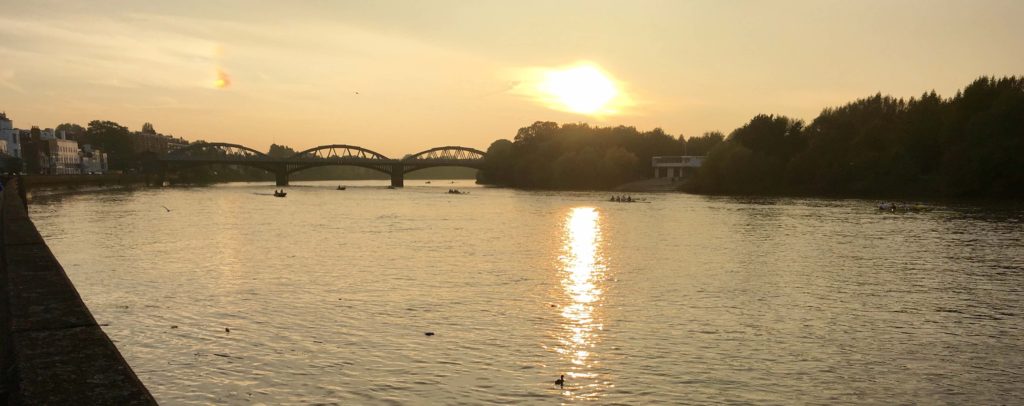


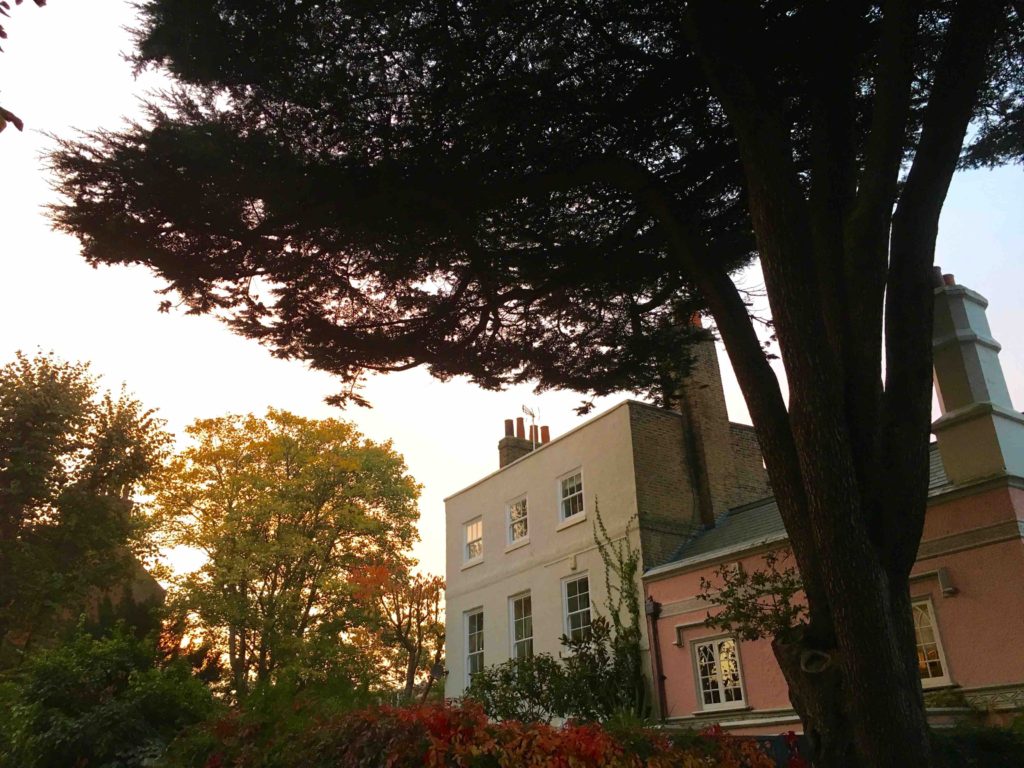
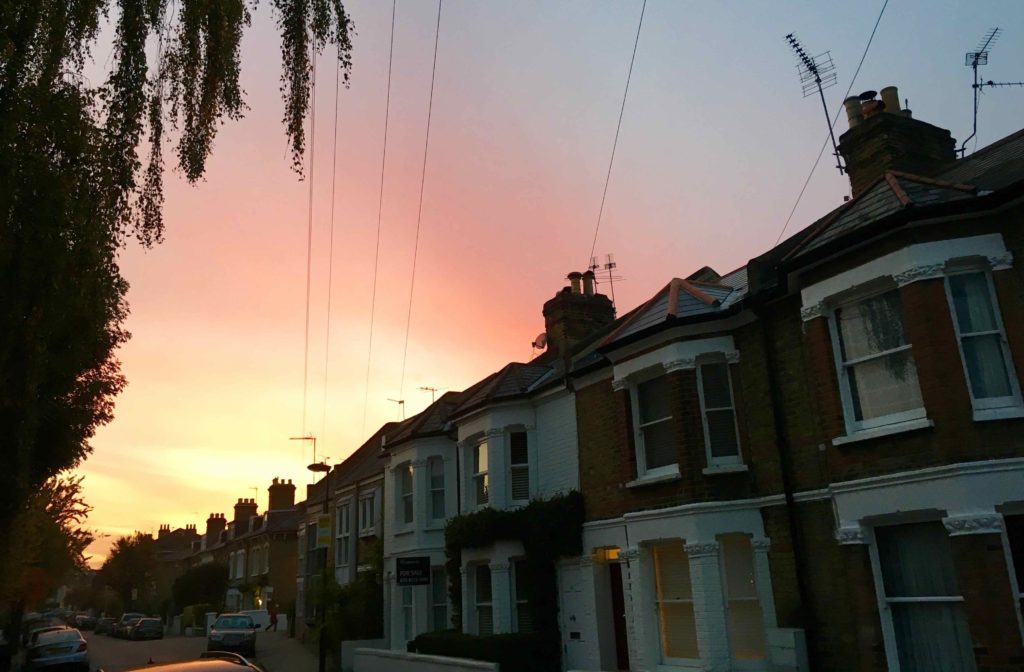
Clocks went back today: spent the additional time in bed reading Zane Grey’s Riders of the Purple Sage. That in turn led me to dig back into the history of the New Riders of the Purple Sage, a band which I knew of and which was featured in the V&A Sixties exhibition, but which I’m pretty sure I hadn’t heard before.
Strikingly parallel to (and presumably an influence on) the Byrds in their Clarence White era and the Flying Burrito Brothers, two of my favourite bands.
Lily Rosenzweig came to lunch, during which a cameraman came to shoot a picture of Bruce McLean‘s garden next door from our top floor. Spied Bruce popping up behind an image of the garden when he and Rosie first moved in, in the Sixties.
A Commonwealth Of Blue Whales
I spent yesterday and today in Marlborough House, St James’s, at a conference hosted by the Commonwealth Secretariat. The theme: ‘Regenerative Development for Reversing Climate Change.’ Supported by the Cloudburst Foundation and facilitated by the Value Web.
I took the photo above in the car park while our small breakout group was reviewing the rushes of a short video we were making on why we must learn to love carbon.
Left to right: Herbert Girardet (World Future Council), Mauro Paolini (Cloudburst Foundation), Toby Herzlich (Biomimicry for Social Innovation), Baroness Patricia Scotland (Secretary-General, Commonwealth Secretariat) and Janine Benyus (Biomimicry 3.8).
In her introduction, Patricia commented that the experts present (convened under a ceiling depicting various bloodthirsty moments in the Battle of Blenheim) were like a massing of blue whales – in that they/we were large, rare and deeply affected by climate change. Not quite sure what to make of some of that, but I think I know what she meant!
Came away keen to explore how the 52 member states of the Commonwealth might be even better mobilised to drive change. And am devoting my next round of monthly columns to some of the ideas that surfaced during the two days.
REVOLUTION? More Waffles! Less Broccoli!!
Just touching down after experiencing probably the best Sixties exhibition ever: Revolution: Records and Rebels, at the V&A. As Elaine and I were leaving, I wrote a message in the Visitors’ Book: “Remembered so much that I can’t have been there!”
The flashbacks were continuous: Beatles, Stones, Byrds, Fairport Convention (with at least four of their album covers displayed, including What We Did On Our Holidays, with the Essex University towers in the background and Martin Lindsay peering over the battlements), the My Lai massacre and the Kent State killings, Woodstock, Jimmie Hendrix’s rendition of the Star Spangled Banner, tassled buckskin jackets, The fool poised I have in my study, Stewart Brand in his feathered hat, The Whole Earth Catalog, Moshie Safdie, Buckminster Fuller, and so ever on.
Outside the exhibition, there was a stand for children to write their own protest posters and banners. I liked the WE WANT “More of Everything!” banner on display. When I asked a young woman running the stand what her favourite was, she said it was: WE WANT “More Waffles, Less Broccoli!” That would have been a winner, even back in the day …
The Apex Of Science Fiction
Yesterday, I finished Apex, the third novel in the Nexus Trilogy by Ramez Naam, who met briefly at the VERGE event we both spoke at a few weeks back in Santa Clara. Given to me a couple of months back by Sam (Lakha).
It’s a long time since I have enjoyed a science fiction series so much, here both because of the basic notion of a drug (Nexus) that connects human minds in a 2040s version of the Internet and because of the fast-paced narrative involving characters one actually cares about.
Including, weirdly, by the end, the AI devil incarnate.
Confess I ended the book in tears. The closest books I have read, in terms of conjuring an alternate reality, have been Frank Herbert’s Dune – and a few of the sequels. 30 years after his death, Herbert still ranks as the sci-fi author I have learned most from, to date.

